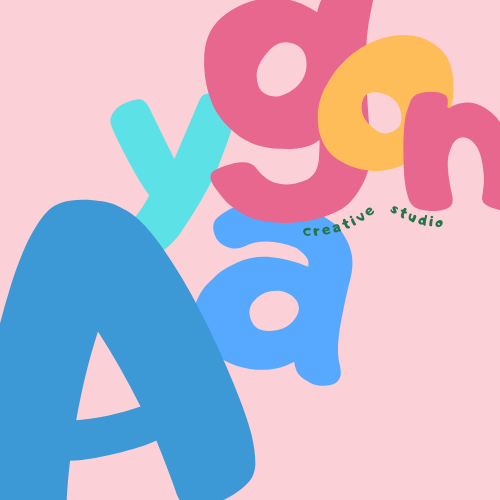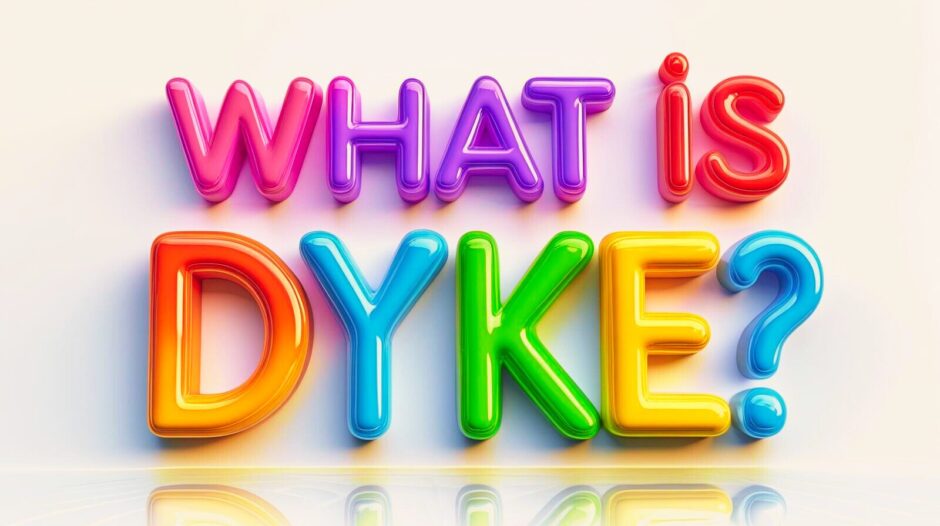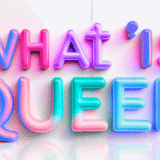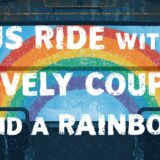はじめに
こんばんは!あやごんです。
「Dyke(ダイク)」という言葉を聞いたことはありますか? 私はカナダに来るまで知りませんでした!
今日はこのワードについてご紹介します!
言葉の起源
「dyke」という言葉の起源は、1900年代初頭までさかのぼります。
当時のスラング「bulldyker(ブルダイカー)」が短縮されて「dyke」になったと考えられています。「bulldyker」は、男性的だと見なされたレズビアンに対して使われた強い侮蔑語でした。
1930年代には新聞や文学の中でも「dyke」が登場し、性的に逸脱している人を指す差別的なラベルとして広まりました。つまり、当初は「普通の女性ではない」という偏見を押し付けるための言葉だったのです。
1970年代:言葉を取り戻す運動
しかし1970年代、フェミニズム運動とゲイ解放運動の高まりの中で、多くのレズビアンたちが「dyke」をあえて自分たちの言葉として使い始めます。
「私たちは男らしいとか女らしいとかいう基準に縛られない。dykeであることは誇りだ」という主張です。
当時のスローガンの一つに「Dykes Unite(ダイクたちよ団結せよ)」というものがあり、差別の象徴だった言葉を、逆にコミュニティの結束や力強さの象徴に変えていきました。
Dyke Marchの誕生
1990年代には「Dyke March(ダイク・マーチ)」がニューヨークやサンフランシスコをはじめ、世界中で開催されるようになりました。これはプライド・パレードと並んで、レズビアンの可視性や連帯を示す大切なイベントです。
ここでは「dyke」という言葉が、差別ではなく、むしろアイデンティティと誇りを表すものとして堂々と掲げられています。
現代における「DYKE」
現代では「dyke」は、自分をレズビアンとして誇りを持って表現する人々にとって、ポジティブな意味を持つ言葉になっています。私もLGBTQ+のイベントで「dyke」と言う言葉をよく見ますが、ポジティブな意味で使われていることがほとんどです。もちろん、歴史的に侮辱語だった背景があるため、誰にとっても快適な言葉というわけではありませんが、相手を尊重してポジティブな言葉として使うのであれば、誰が使っても問題ない言葉だと思います。
私の考え
「dyke」という言葉の歴史を知ると、言葉が持つ力に改めて気づかされます!
ネガティブな意味を押し付けられていた言葉が、時代と共にコミュニティの誇りや抵抗の象徴になっていくのは本当に力強くかっこいい変化だと思います。それは「言葉の意味は固定されたものではなく、誰がどう使うかによって変わっていく」ということを教えてくれます。
私はその言葉の意味、背景、歴史を知り、社会が少しでも良い方向に進むような言葉の使い方を心がけたいです!
What is DYKE?
Introduction
Good evening, it’s Ayagon here!
Have you ever heard the word “DYKE”? Honestly, I had never heard of it until I came to Canada.
Today, I’d like to share a bit about this word and its history.
The Origin of the Word
The origin of “dyke” goes back to the early 1900s.
It is believed to come from the slang word “bulldyker,” which was shortened to “dyke.” “Bulldyker” was used as a harsh slur against lesbians, especially those who were seen as masculine.
By the 1930s, the word “dyke” appeared in newspapers and literature, used as a negative label to describe women who were considered “outside of the norm.” In other words, it was originally a way to push harmful stereotypes onto lesbians.
1970s: Reclaiming the Word
In the 1970s, during the rise of feminism and the gay liberation movement, many lesbians began reclaiming the word “dyke” for themselves.
They declared: “We don’t have to fit into society’s standards of being ‘feminine’ or ‘masculine.’ Being a dyke is something to be proud of.”
One popular slogan was “Dykes Unite,” showing how a word once used to insult them became a symbol of solidarity and strength within the community.
The Birth of the Dyke March
In the 1990s, the Dyke March started in cities like New York and San Francisco, and later spread around the world.
Like Pride Parades, these marches celebrate visibility and unity, especially for lesbians.
Here, the word “dyke” is not an insult—it is proudly displayed as a symbol of identity and empowerment.
DYKE Today
Today, “dyke” is often used positively by people who identify as lesbians. I also see the word frequently at LGBTQ+ events in Canada, and it is almost always used with pride and positivity.
Of course, because of its history as a slur, not everyone feels comfortable with the word. Still, I believe that as long as it is used with respect and in a positive way, it can be embraced by anyone.
My Thoughts
Learning about the history of the word “dyke” really shows me the power of language.
A word that once carried so much negativity has transformed into a symbol of pride, resilience, and resistance. It reminds us that the meaning of a word is not fixed—it changes depending on who uses it and how.
For me, knowing the meaning, history, and background of words is important. I want to use language in ways that push society in a more positive direction.
 Ayagon’s Cozy Diary🌈
Ayagon’s Cozy Diary🌈 


